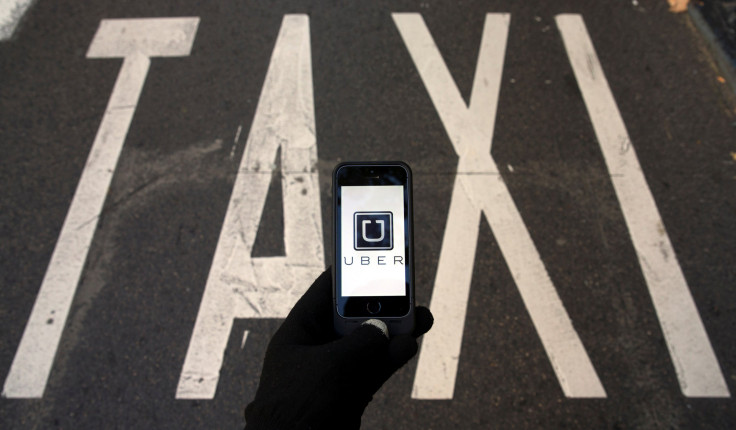Queensland eyes regulatory tweaks to accommodate Uber
Deregulation of fares on ride-hailing services proposed

The Queensland government is mulling the creation of a new operating licence category to accommodate ride-sharing services, like Uber, in the state’s legal transportation industry.
While the Parliament is yet to decide on how to legalise the burgeoning ride-hailing industry as it resumes session on Aug. 16, a draft report on the “Opportunities for Queensland Transport” recommended the creation of a new transport classification under which Uber and similar on-demand transport services can operate legally.
"A new operating licence category is established to accommodate ride-sourcing for booked services and also removes the prescriptive requirements for limousines and allows them to compete in the on-demand booked market," the draft report, published by the Brisbane Times, suggested.
"This provides greater flexibility to enter and exit the booked market according to demand for these services, as well as encouraging competition and providing incentives for operators to innovate as the market evolves with changing technologies and customer demands.”
Operation of ride-sharing services has already been legalised in other jurisdictions across Australia. Meanwhile in Queensland, Premier Annastacia Palaszczuk ordered a state-ordered review to help the government shape the regulation of the taxi and ride-sharing industries. The final report on the “Opportunities for Queensland Transport” will be published this month alongside the announcement of the government’s response, according to Transport Minister Stirling Hinchcliffe.
Deregulated fares, competitive services
The draft report of the state-sponsored review pointed out that customers will be the main beneficiary of the proposed removal of market entry restrictions for ride-hailing services and deregulation of fares in the booked market.
“Fares in the booked market will be set by the market, as customers can reject fares they consider unreasonable, while maximum fare regulation would be maintained for rank and hail work to provide confidence for customers that they will not be unknowingly exposed to unreasonable fares.
“In addition, the reduced cost of entry, fare competition and greater flexibility in supply will benefit customers through greater choice, lower fare prices and shorter wait times.”
The draft report also suggested the adoption of outcomes-based regulatory framework instead of imposing prescriptive safety requirements.
"This provides greater choice and flexibility to operators in how they address safety issues, and reduces their regulatory burden. In addition, vehicle age restrictions are removed, with a greater focus on the vehicle meeting various industry safety standards [i.e. the ANCAP safety rating].
"It is in each provider's interest to deliver good quality customer service to retain business in a more competitive market.”
The draft report also said that, “"While the existing (taxi) industry is likely to place value on retaining exclusive access to the rank and hail market, the deregulation of the booked (ride-sharing) market will encourage the industry to be more competitive."
On a related development, operation of Uber and other ride-hailing services in China has recently been legalised after the Chinese government imposed stricter restrictions for drivers and cars.
Conversely, Uber operation in New Zealand is threatened. Transport Minister Simon Bridges has warned Uber operators to comply with the country’s road laws or risk being banned.






